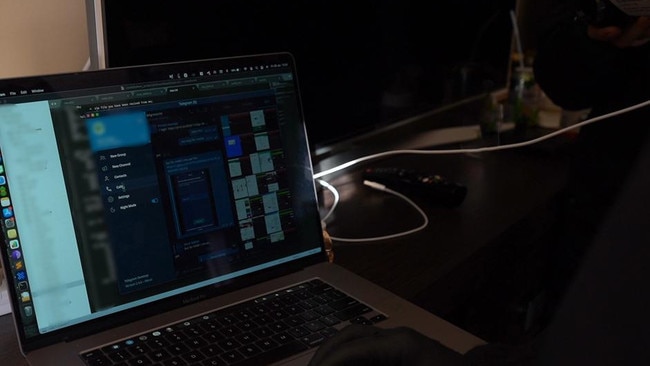SA woman scammed out of more than $800,000 when buying a home
After one South Australian woman tried transferring more than $800,000 to her conveyancer to buy a home, she soon realised something was very wrong.
SA News
Don't miss out on the headlines from SA News. Followed categories will be added to My News.
It should have been a time of immense pride and accomplishment – but for one South Australian woman, trying to buy a house turned into a nightmare when a single, incorrect letter in an email address cost her more than $800,000.
As part of the purchase of a new home, the woman, who asked not to be identified, transferred $813,000 to her conveyancer’s account in May, 2023 – or so she thought.
Two days later, the woman made the devastating discovery that the money never made it to her conveyancer.
Instead, cybercriminals had created a fake email address, which was identical bar one letter to the legitimate conveyancer’s email address, to trick the woman into sending them the money that was supposed to finalise the purchase of a home.
The woman quickly reported the incident to her bank and police, and what followed was a complex year-long search across the globe for her stolen money.

The woman has allowed the Australian Federal Police to share her story as part of Cyber Security Month, which starts today (October 1), in the hope it may prevent others from a similar fate.
In her case, the AFP-led Joint Policing Cybercrime Coordination Centre (JPC3), international law enforcement agencies and multiple financial institutions were able to work together to recover $777,000 – or 96 per cent – of the stolen money, which had been taken through a Business Email Compromise (BEC) scam.
“While the investigation resulted in a successful outcome for the victim, it took nearly 12 months for her to recover most of the funds, which undoubtedly had an emotional and financial impact on her daily life,” AFP detective acting superintendent Darryl Parrish said.
A BEC scam is a fraud technique used to trick victims into unknowingly transferring money into financial accounts controlled by criminals.
The scams are becoming increasingly sophisticated with criminals either hacking into, or creating near-identical, business email accounts to manipulate transactions.
Businesses and individuals making significant payments – such as those relating to property transactions – are common targets.
The investigation into the theft of the woman’s money involved federal, state and territory police, as well as multiple financial institutions, teaming up to freeze the scammer’s fraudulent bank account and claw back $505,000 before it was transferred elsewhere.
Police then identified that almost $300,000 of the stolen funds had already been transferred into cryptocurrency through a fake Digital Currency Exchange (DCE) account.
The JPC3 collaborated with the Pakistani National Response Centre for Cyber Crime (NR3C) and global cryptocurrency exchange Binance to freeze the fraudulent DCE account and retrieve $272,000 of that $300,000.
Authorities believe a Pakistani national, acting as a money mule, allegedly opened the DCE account for other criminals to use to launder illicit funds. The investigation into the criminal group behind the fraud is ongoing.
Detective acting superintendent Parrish said the woman’s case was an important reminder to everyone that the recovery of money is complex and not always possible and so people should take preventive measures to protect themselves.
The AFP is urging businesses to set up multi-factor authentication to make it harder for criminals to gain access, while it is encouraging individuals to double-check emails, particularly email addresses and banking details, when making transactions.
In 2022/23, self-reported BEC losses amounted to almost $80 million, with the average loss of more than $39,000 for each incident.
More Coverage
Originally published as SA woman scammed out of more than $800,000 when buying a home





